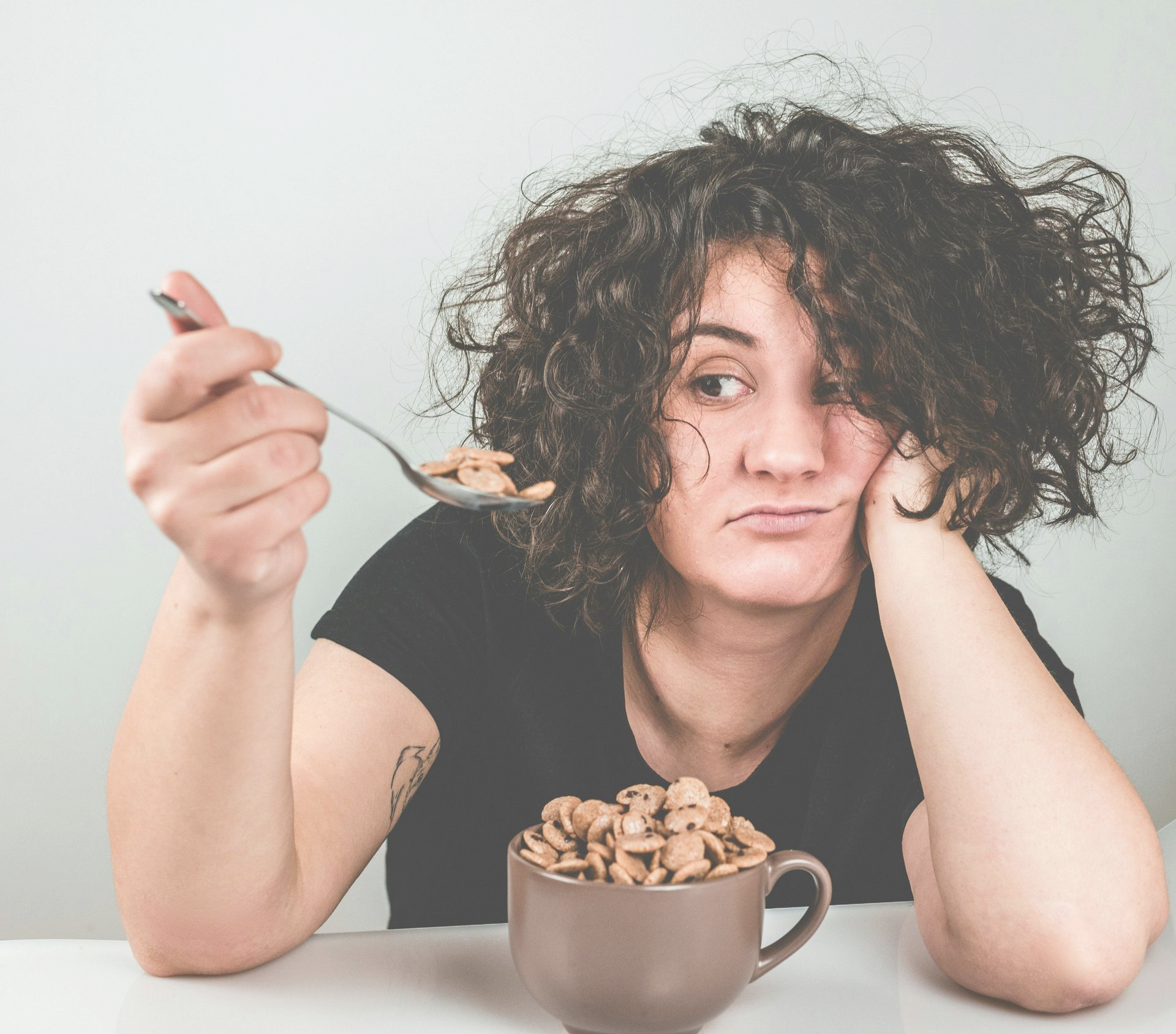Are My Coping Mechanisms Helping or Hurting?
A framework for deciding if it's helping your mental health.

We all have ways of getting through the hard days — little rituals, habits, or distractions that help us feel a bit more in control. Some of them are healthy, some are neutral, and some… well, they start to quietly chip away at our well-being.
But it’s not always obvious which is which. Especially when something works in the moment — that drink, that scroll, that shopping trip — it’s easy to convince ourselves it’s helping, even if we’re feeling worse later.
So how do you know whether your coping strategies are helping you heal or just helping you numb?
Let’s walk through a framework for sorting that out.
Step 1: Notice What You Reach For
We all have “go-to’s” when we’re overwhelmed — a glass of wine, a Netflix marathon, a late-night snack, a long walk, a chat with a friend. None of these are automatically good or bad.
The first step is simply awareness:
When I’m stressed, sad, or anxious, what do I instinctively turn toward?
Write down your usual habits without judgment. This isn’t about guilt; it’s about curiosity.
Step 2: Ask What It’s Doing for You
Next, get honest about what that behavior is actually doing in the moment.
- Does it calm you down?
- Distract you from pain?
- Give you energy or motivation?
- Help you avoid something uncomfortable?
A coping mechanism is just that — a mechanism. It does something for you. The goal isn’t to remove it right away but to understand its purpose.
For example:
- “When I scroll TikTok, it helps me turn off my brain for a bit.”
- “When I take a walk, I can breathe and think clearly again.”
- “When I eat sweets, I get a little hit of comfort when I feel lonely.”
Each has a function. The key question is whether that function moves you toward healing or further away from it.
Step 3: Consider the Aftermath
A simple way to tell if a coping mechanism is helpful: The first step is simply awareness:
How do I feel afterwards?
If you feel rested, connected, or clearer, it’s likely helpful.
If you feel drained, ashamed, or foggier, it might be doing more harm than good.
Here’s a quick comparison:
Helpful Coping
Recharges or soothes your body and mind
Strengthens relationships
Builds skills or perspective
Can be sustained over time
Harmful Coping
Leaves you depleted or guilty
Creates disconnection or isolation
Avoids or numbs the problem
Creates dependence or consequences
For example, watching one episode of a comforting show might relax you — but staying up until 2 a.m. bingeing an entire season leaves you exhausted the next day. The difference isn’t the show — it’s how and why you’re using it.
Step 4: Look at the Long Game
Ask yourself:
“If I keep doing this regularly, where does it take me?”
Some coping strategies are great short-term bandages but poor long-term plans. Others take effort to build but serve you for years.
Here’s one way to categorize your habits:
- Soothe – gives temporary comfort (like TV, snacks, or scrolling)
- Support – builds stability (like sleep, healthy food, connection)
- Strengthen – expands capacity (like therapy, journaling, movement)
It’s okay to use all three! The goal is balance — not perfection. You can reach for soothing things sometimes, as long as you also cultivate supportive and strengthening habits that sustain you.
Step 5: Plan Ahead for Your Hard Days
The worst time to choose coping mechanisms is when you’re already in crisis.
Try this instead:
When you’re feeling okay, make a “Coping Menu.”
Include a few options from each category:
- Soothe: a cozy blanket, favorite playlist, comfort show
- Support: calling a friend, going for a walk, cooking a meal
- Strengthen: writing in your journal, praying, doing a therapy exercise
That way, when you’re in a rough spot, you’re not leaving it up to impulse or algorithms — you already have a plan that aligns with your values.
Step 6: Be Gentle with Yourself
Coping is not about getting it perfect.
It’s about surviving, learning, and slowly building a life that doesn’t require constant escape.
You’re allowed to have off days. You’re allowed to do what gets you through.
But you also deserve to have habits that don’t just make life bearable — they make it better.
What’s one small swap you could make — one that leaves you feeling a little more restored, and a little less numb?
Maybe it’s taking a walk instead of scrolling. Calling a friend instead of shopping. Journaling for five minutes before bed instead of one more episode.
Little choices add up. Over time, they become the life you’re building.
________________________________________________________
If you are struggling to build good coping mechanisms, our team is here to help. We are a team of Registered Psychotherapists providing therapy in Barrie, ON. You can book using https://resetbarrie.gmail.com
This post is a companion to our podcast, Beyond the Session, which you can find on Spotify or YouTube. This episode features Andi Atkins, Registered Psychotherapist and Kathleen Tsang, Registered Social Worker at Reset Counselling & Psychotherapy in Barrie.

